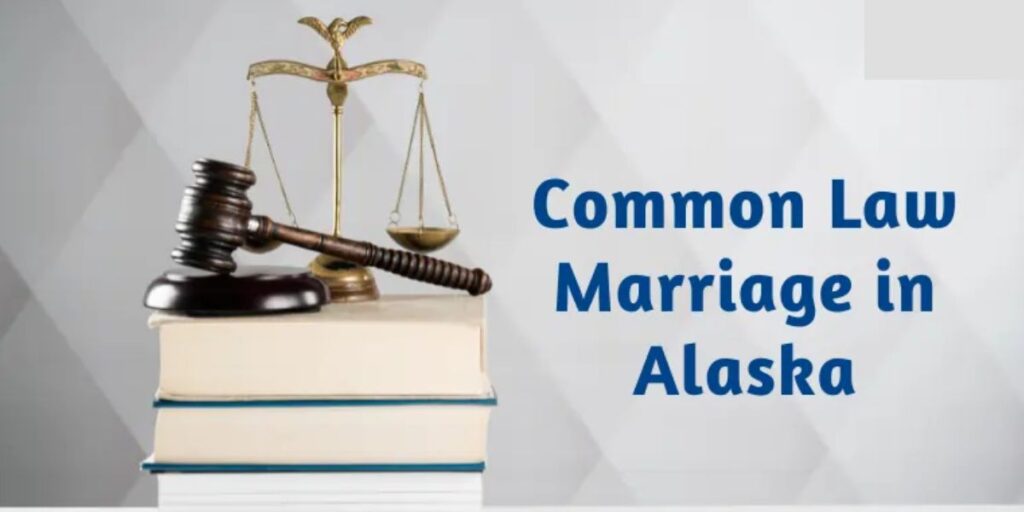Couples often wonder whether simply living together for an extended period can make their relationship legally equivalent to a marriage.
This arrangement, known as a common law marriage, is treated differently across the United States. If you’re residing in Alaska, it’s important to understand the specific rules that apply within the state.
Does Alaska Recognize Common Law Marriage?
No, Alaska does not recognize common law marriages created within the state.
No matter how long a couple has been living together or how committed their relationship may be, they are not considered legally married under state law unless they have gone through the formal marriage process.
To be legally married in Alaska, couples must:
- Apply for a valid marriage license
- Participate in a ceremony conducted by an authorized officiant
- Ensure the marriage is properly recorded with the state
Living together, sharing finances, or even raising children does not give a couple any automatic marital status in Alaska.
Recognition of Out-of-State Common Law Marriages
While Alaska does not allow common law marriages to be formed within its borders, it does recognize valid common law marriages created in other states where such unions are legal.
This is based on the legal principle that states must give “full faith and credit” to the laws and judgments of other states.
For example, if a couple legally formed a common law marriage in Texas or Colorado — where such marriages are permitted — and then moved to Alaska, their marriage would still be recognized.
Legal Risks for Unmarried Couples in Alaska
Since Alaska doesn’t offer legal protections to couples who are not formally married, this can have serious implications:
- No automatic inheritance rights: Unmarried partners won’t inherit property unless clearly named in a will.
- Property division complications: There are no marital property rules to govern the division of assets if the relationship ends.
- No spousal benefits: Unmarried partners are ineligible for spousal health insurance, Social Security, or retirement benefits.
- Medical and legal decisions: Without legal documents in place, a partner may not be able to make decisions during emergencies.
Legal Steps to Protect Unmarried Partners
If you’re in a committed relationship in Alaska and do not plan to marry, you can still take steps to safeguard your legal and financial interests:
- Draft a cohabitation agreement outlining how finances and property will be managed.
- Prepare wills, powers of attorney, and health care directives to ensure each partner’s wishes are followed.
- Title jointly-owned assets (like property or vehicles) in both names.
- If children are involved, establish clear custody and support agreements.
Final Thoughts
Alaska does not recognize common law marriage within the state, which means couples living together do not receive the same rights and protections as legally married spouses.
However, if you have a valid common law marriage from another state, it will likely be honored in Alaska.
For couples choosing not to marry, taking legal precautions is essential to ensure their relationship is respected and their rights are protected.




More Stories
Common Law Marriage in Alaska: Legal Requirements and Exceptions
Common Law Marriage in Alaska: Legal Requirements and Exceptions
Common Law Marriage in Alaska: Legal Requirements and Exceptions